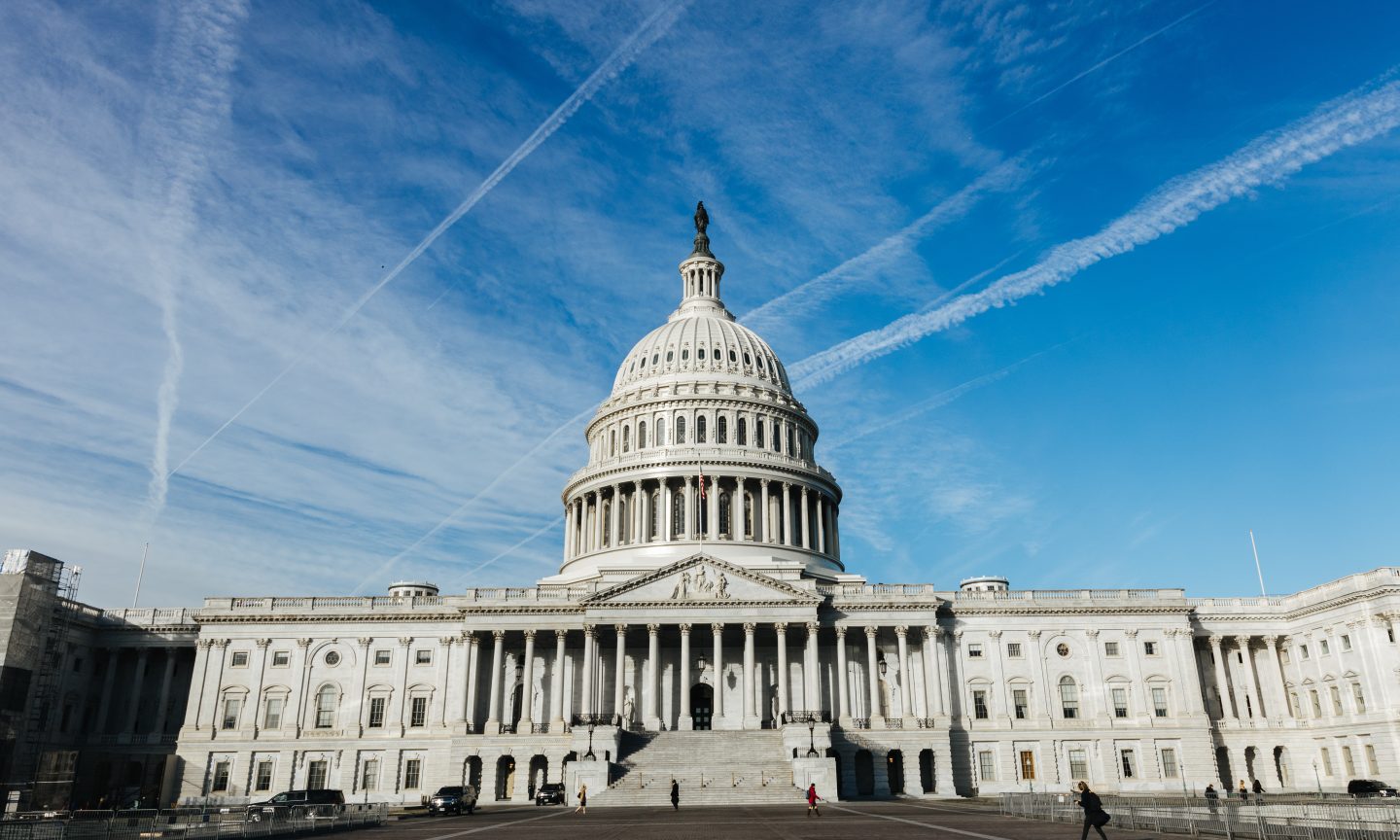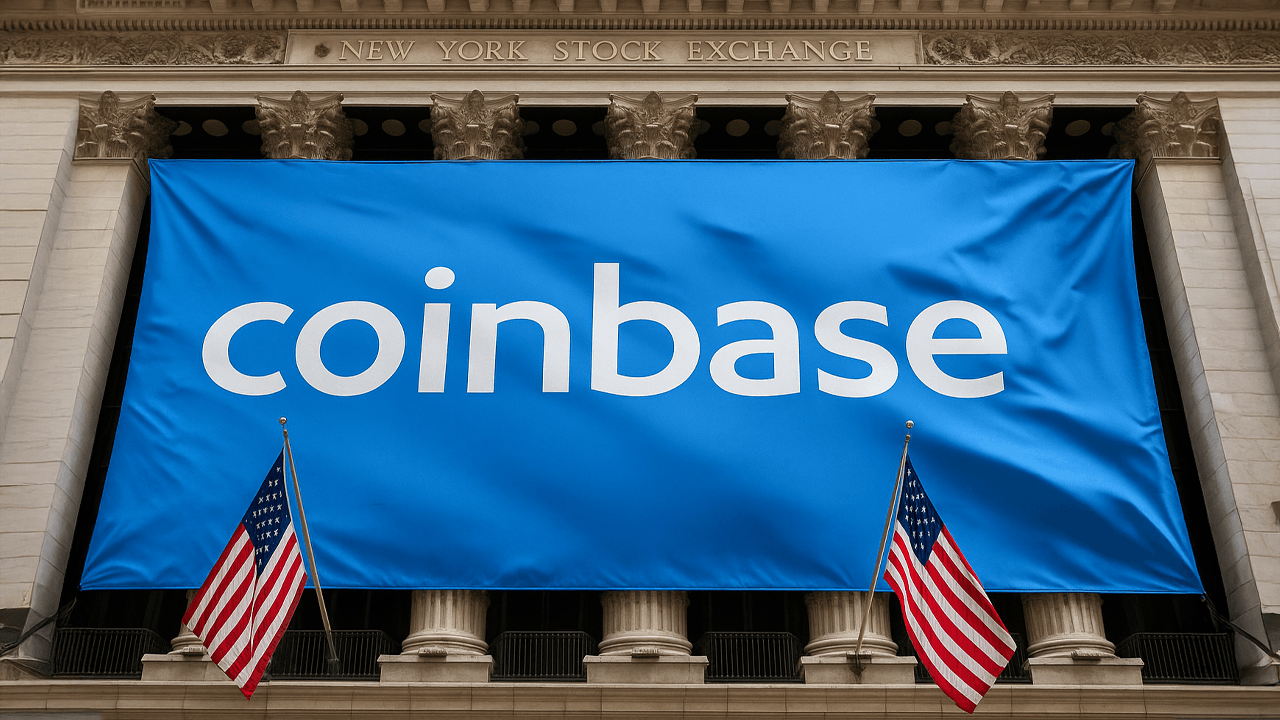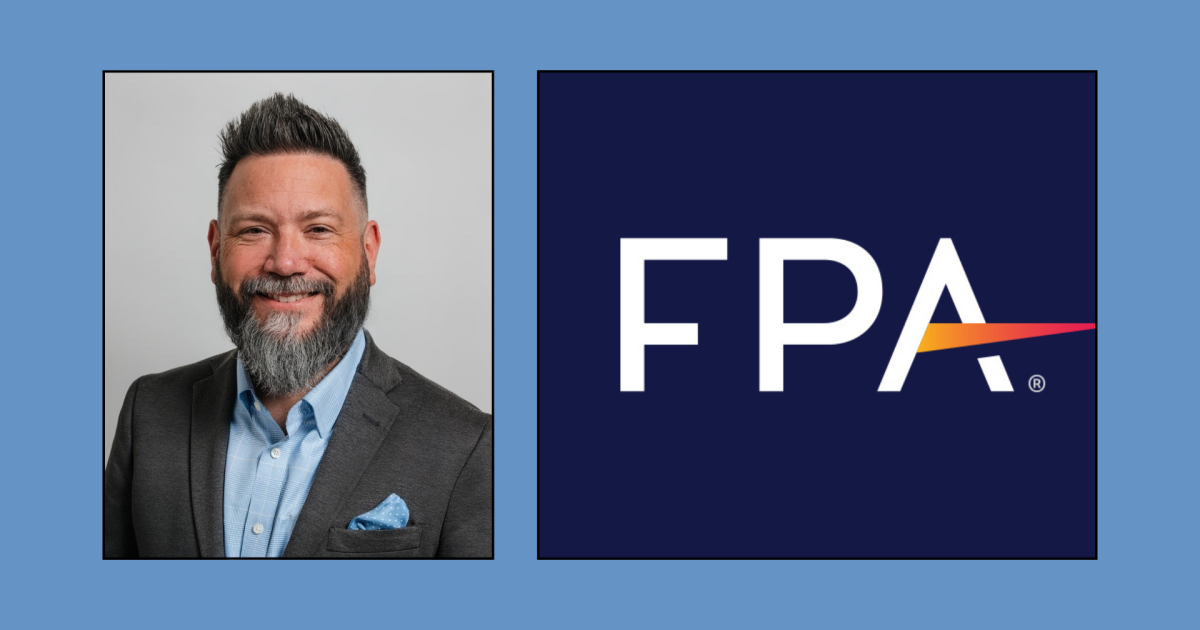Student loan borrowers face a new status quo after Congress and President Donald Trump signed off on a massive budget reconciliation agreement earlier this month — the so-called “one big, beautiful bill”.
The changes are significant, but not immediate. Most will go into effect from July 1, 2026, to July 1, 2028, including:
Big cuts to federal loans for grad students and parents.
A new repayment plan landscape.
Limits to relief options for struggling borrowers.
Since Congress wrote these changes into law, they’re not susceptible to legal challenges, says Stanley Tate, a lawyer who specializes in student debt issues. (Many Biden-era policies, like mass student loan forgiveness and the SAVE plan, were not explicitly authorized by Congress. This opened them up to lawsuits.)
“The one silver lining on all of this is that the road ahead, as far as your options, is clearer than it has been throughout this entire administration thus far,” Tate says. “Now that we have rules, it’s incumbent upon us to look at those rules and take the optimal approach for our situation moving forward.”
The bill will impact nearly all student loan borrowers. Take time to fully research the changes and decide on a course of action. Here are the eight top takeaways to know.
1. Severe cuts to graduate student borrowing
Federal PLUS loans for graduate and professional students will no longer be offered starting July 1, 2026.
Since 2006, these loans have been available to graduate and professional students, up to their total cost of attendance.
Starting next summer, graduate borrowers can only take out direct loans that have a lower borrowing cap. These are the new limits for graduate school borrowing:
For graduate students: up to $20,500 per year; $100,000 total.
For professional and medical students: up to $50,000 per year; $200,000 total.
Lifetime maximum (undergraduate plus graduate studies): up to $257,500.
Without grad PLUS loans, these borrowers may turn to private student loans to cover costs each year beyond $20,500 or $50,000. Private loans offer fewer borrower protections and are not eligible for forgiveness programs.
“Private student loan access is by no means guaranteed, and even if a student can access private student loans, the interest rate may be quite a bit higher than the interest rate for federal student loans,” says Lesley Turner, an associate professor of public policy, focused on higher education finance, at the University of Chicago.
Timing, impact and next steps
These changes impact students who begin their graduate program on or after July 1, 2026.
If you’re in the middle of grad school right now, or if you’ll start your program by June 30, 2026, you can still take out grad PLUS loans for up to three years, or for the duration of your program — whichever period is shorter.
If you’re planning on grad school in the future, compare program costs, ask your institution about grants, and look to private student loans as a last resort.
“Graduate programs vary a lot in terms of prices and in terms of outcomes, and so it often can be worth it to shop around,” Turner says. “Oftentimes, even in a given geographic area for a given program type, like masters in social work, there’s going to be more expensive and less expensive programs.”
We don’t yet know how exactly programs will be classified as “professional” or “graduate.” More programs may try to label themselves as “professional” programs so students can access a higher loan limit, Turner says.
2. Repayment plans get complete overhaul
Millions of borrowers may be forced to change their student loan repayment plan. Most income-driven repayment (IDR) plans will no longer be available, effective July 1, 2026. That includes:
The Saving on a Valuable Education (SAVE) plan.
The Pay as You Earn (PAYE) plan.
The Income-Contingent Repayment (ICR) plan.
Existing borrowers can keep access to a modified version of the Income-Based Repayment (IBR) plan (a specific kind of IDR plan). This law also removes the “financial hardship” requirement to enroll in IBR.
New borrowers will have access to just two repayment options: a modified version of the standard plan and the Repayment Assistance Plan (RAP).
The modified standard plan splits monthly payments between 10, 15, 20 or 25 years, based on the amount of debt owed.
The RAP plan caps monthly payments based on adjusted gross income and family size. It also offers forgiveness of remaining debt after 30 years of payments.
Timing, impact and next steps
Current borrowers who want to stay on an IDR plan must switch to Income-Based Repayment (IBR) no later than July 1, 2028. If they don’t act, they will be moved to the RAP plan.
The modified standard plan and the RAP plan will become available to new and existing borrowers on July 1, 2026.
A note for current students: If you take out a new loan after July 1, 2026, you’ll be cut out from IDR and only have access to RAP and the standard plan. That’s because all loans must be repaid under the same plan.
3. Parent borrowers face lower borrowing limits, blocked from income-driven repayment
Parents of undergraduates who take out a parent PLUS loan will no longer be able to borrow up to the cost of attendance. This may force some families into private student loans, which are not available to everyone.
Here are the new parent PLUS borrowing limits per student, effective July 1, 2026:
Repayment options will also become significantly more limited. Borrowers who take out new parent PLUS loans on or after July 1, 2026, can only repay their loans with the standard plan. They won’t have access to an IDR plan or the RAP.
This applies to all of your parent PLUS loans, even if you took some loans out before the July 1, 2026, cutoff. For example, say you took out one parent PLUS loan in 2023, and then decide to borrow another parent PLUS loan in 2027. Both of those loans would become ineligible for income-driven repayment and the RAP.
“That gets very precarious if you’re someone who already has a sizable balance and is still borrowing, say, for child number two, child number three, et cetera,” Tate says.
Timing, impact and next steps
Consolidate your existing parent PLUS loans, and enroll in the Income-Contingent Repayment plan before July 1, 2026. Once you are on the ICR plan, you can move to the Income-Based Repayment plan, which is the only income-driven plan that will remain for the long haul. If you miss this consolidation deadline, you will be permanently blocked from any income-driven repayment plan, including RAP.
There’s also a legacy provision for the loan limit change. If you took out a parent PLUS loan prior to July 1, 2026, you can continue borrowing up to your student’s cost of attendance for up to three years, or until your kid finishes school — whichever period is shorter.
Going forward, families who rely on parent PLUS loans need to think long-term about college financing to avoid unexpected funding gaps, explains Megan Walter, senior policy analyst at the National Association of Student Financial Aid Administrators.
You can borrow up to $20,000 per year, but only $65,000 total. So, if you borrow $20,000 for the first three years of your kid’s education, you’ll have $5,000 for their fourth year.
4. Pell Grants for short-term workforce training programs
Students who qualify for the Pell Grant — a need-based federal grant program that goes up to $7,395 per year — may use it for short-term workforce training programs. Those programs can range from HVAC and plumbing training courses to coding bootcamps, Walter says.
Programs will have to meet certain benchmarks. English language learning programs and study abroad courses don’t count.
The workforce Pell Grant is the result of “one of the only bipartisan conversations that we’ve seen Congress have in the student aid arena in the past few years,” Walter says. “Actually seeing it go through was pretty surprising.”
Timing, impact and next steps
The workforce Pell Grant will be available starting July 1, 2026.
If you’re considering using your Pell money for a short-term workforce training program, thoroughly research programs to avoid scams.
5. Stricter limits on forbearance, deferment and other relief options
Future borrowers will find it more difficult to get temporary student loan relief through deferment (a payment pause during which interest does not accrue on subsidized loans) and forbearance (a payment pause in which interest does usually accrue on all loans).
Deferments for unemployment and economic hardships will be eliminated entirely. These two deferment programs had allowed borrowers to pause payments for up to three years.
Forbearances to pause payments will be limited to nine months in any 24-month period. Previous rules were more generous: borrowers could request forbearances of up to 12 months, renewable up to a cumulative maximum of three years.
Timing, impact and next steps
The deferment and forbearance restrictions impact borrowers who receive a new loan on or after July 1, 2027.
If you face a financial emergency, check if you qualify for the remaining types of student loan deferments, like those for cancer treatment, military service or returning to school. You can still ask your servicer for a forbearance, but only use what you need, since you have a limited amount available. If neither of those options work, see if IBR or RAP are options.
“We may see a rise in defaults and potentially bankruptcy filings down the road, simply because there’s a huge swath of people where Income-Based Repayment and RAP aren’t affordable under their scenarios,” Tate says. For example, borrowers who earn a high income but have substantial housing expenses could have trouble affording payments under these plans.
6. More difficult to get student loan forgiveness
It will take longer to get income-driven repayment plan forgiveness. Instead of reaching the forgiveness finish line in 20 or 25 years under existing IDR plans, new borrowers must make payments on the Repayment Assistance Plan plan for 30 years. (Parent PLUS borrowers won’t qualify for RAP, so they’ll be cut out from this type of forgiveness.)
The bill does not directly impact Public Service Loan Forgiveness (PSLF), which Trump targeted with a March executive order that hasn’t been implemented. An earlier version of the bill would have removed PSLF eligibility for medical and dental residents, but that provision was removed in the final version.
Timing, impact and next steps
This largely impacts borrowers with large amounts of debt relative to their income, who are good candidates for income-driven repayment forgiveness. If you’re a current borrower, switch to the IBR plan before 2028 to get forgiveness in 25 years, instead of 30 years under RAP.
7. Borrowers get second chance after repeat student loan default
That being said, the bill also removes guardrails that prevent borrowers from defaulting in the first place — like income-driven repayment and generous forbearance options.
Timing, impact and next steps
Second chance rehabilitation will open on July 1, 2027.
Roughly 10 million borrowers (1 in 4) could default by the end of this summer, according to an Education Department announcement from April. If you default on your student loans, reach out to the Default Resolution Group to make plans to get your loans back into good standing.
8. Families who own farms, businesses could get more financial aid
The FAFSA will no longer count the value of a family farm, small business or commercial fishery when calculating a student’s financial need. As a result, students from these families may qualify for more financial aid.
This reverses a FAFSA change from 2024, which added these assets to the financial aid formula.
Timing, impact and next steps
This FAFSA change will take effect on July 1, 2026, and be applied to all financial aid calculations starting in the 2026-27 academic year. It will impact a relatively small group of families — but for those affected, it can make a big difference, like making a student eligible for the Pell Grant, Walter says.
All students and families should submit the FAFSA each year they’re in school, even if they don’t think they’ll qualify for aid. The form opens the door to federal loans, grants, scholarships and work-study.


























